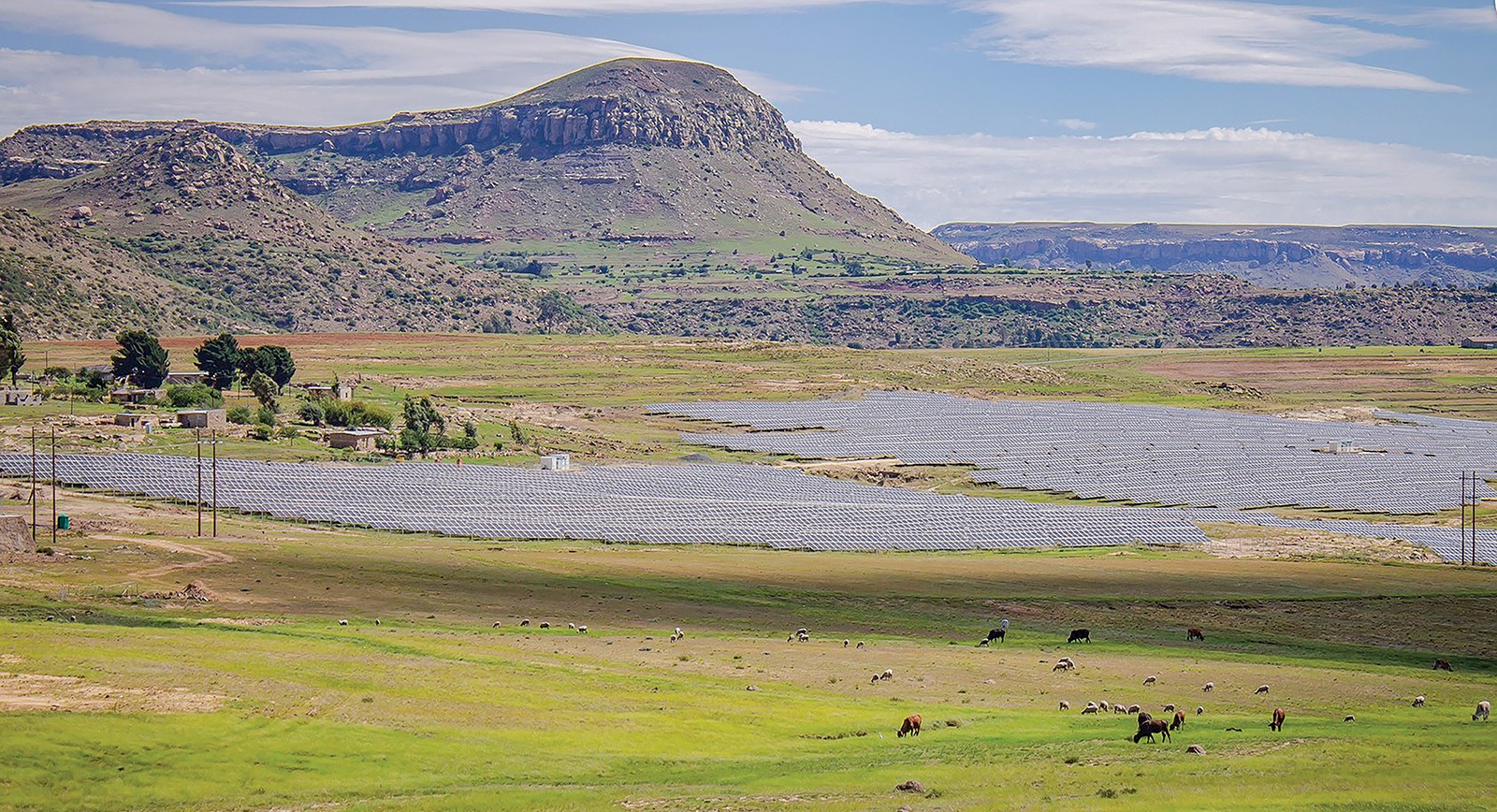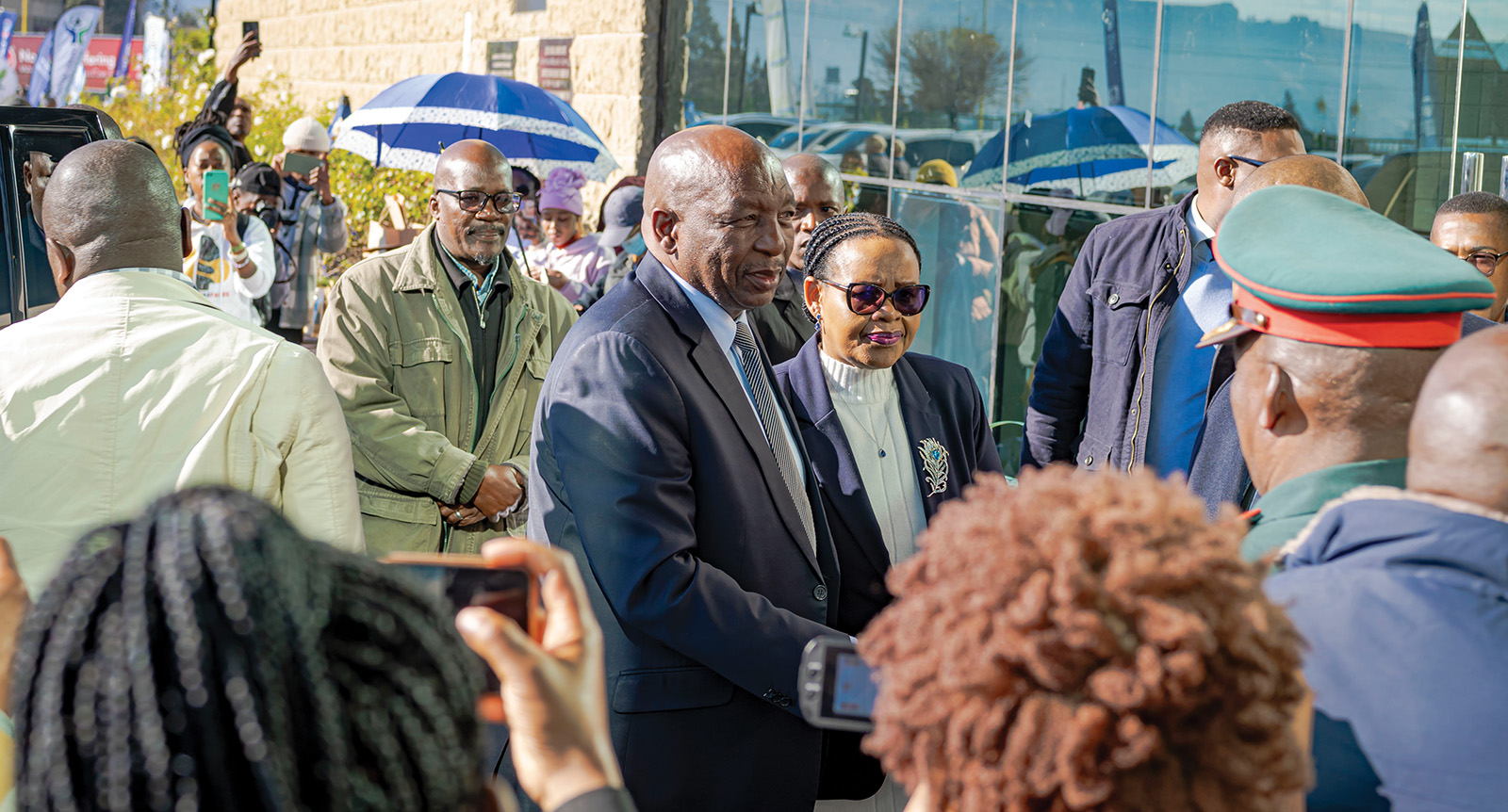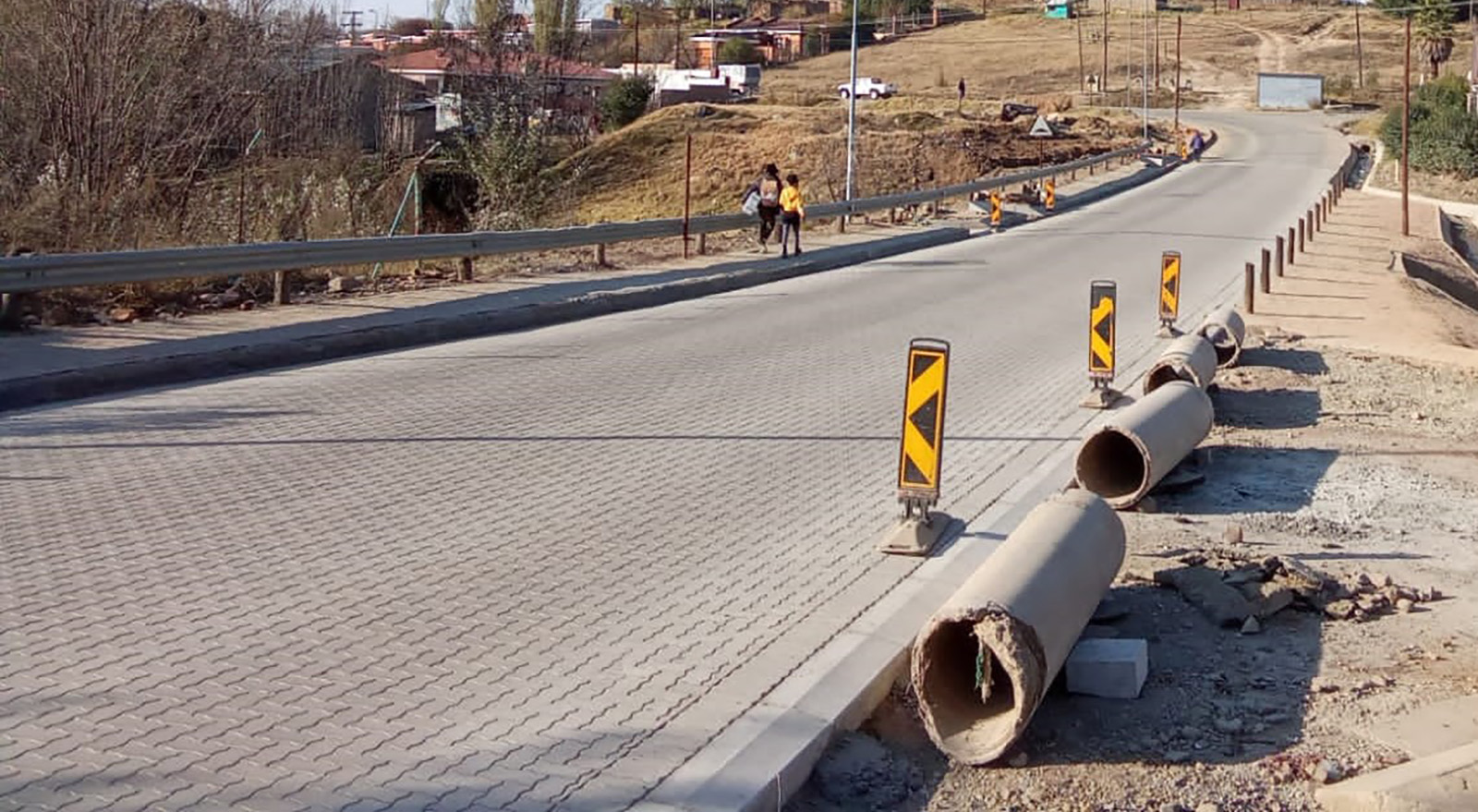Ministry officials coerced into approving projects

SHARE THIS PAGE!
Officials in the Ministry of Finance and Development Planning are reportedly being put under political pressure to approve major infrastructure projects that do not meet required standards and procedures.
This startling revelation was made before the Public Accounts Committee (PAC) on Wednesday this week by the Director of Project Cycle Management in the ministry of, Mothobi Letooane.
Letooane said their responsibility as officials was to advise government ministries on their projects, and to source funding for them.
He was responding to a question by a PAC member, Dr Tšeliso Moroke, who demanded to know why the ministry had approved and sourced funding for the implementation of Phase I of Ramarothole Solar Plant, without an Environmental Impact Assessment (EIA) from the Ministry of Energy.
The project was financed by a M1.3 billion soft loan from EXIM Bank of China and the government of Lesotho, which chipped in with an additional M220 million. The latter’s funding covered the costs of land compensations valued around M57 million, tax obligations as well as operating costs of the Lesotho Generation Company (LEGCO) under the Ministry of Natural Resources).
The project is now facing mounting environmental challenges, which could have been avoided if an EIA had been done.
The facility, which occupies a 220-hectare plot of land in the village of Ha-Ramarothole in Likhoele, Mafeteng, was officially launched in June 2023 amidst much pomp and fanfare.
However, it is grappling with soil erosion that has affected the perimeter fence and the foundations of some of the solar panels.
The PAC also noted that the Ministry of Energy is requesting additional M26 million from the government to repair parts of the solar plant.
Dr Moroke expressed alarm over Letooane’s confession, noting that the pattern of premature approvals had become a common practice by the Ministry of Finance and Development Planning, as there were other projects that had been implemented without meeting requirements.
He noted that this does not only undermine the integrity of the approval process, but also results in additional expenses for the government.
“There is a list of projects which the Ministry of Finance has approved and sourced funding for, without them meeting requirements, and end up delivering sub-standard work which at the end costs this country extra money,” he added.
Letooane indicated that the project had been given the nod because the government was in a hurry to secure a funder and start implementation.
“It therefore decided that the EIA would be done after the Phase I had commenced, hence the unforeseen environmental challenges currently facing the project.
“To be honest, the EIA for Phase I of the project was not done and this has resulted in severe environmental challenges. We asked the Ministry of Energy, as the implementing ministry, to meet the required standards before we appraise them but we were put under immense pressure and ordered to greenlight the project as soon as possible,” Letooane told the PAC.
He further revealed that the Ramarothole Project was not the only instance where officials from the Ministry of Finance and Development Planning had been pressured and ordered to appraise without meeting necessary standards.
“This is the not the only project; even some bridges have also faced similar issues, with directives from above compelling us to appraise them without proper designs or adherence to EIA protocols.”
Letooane attributed the improper approvals to undue political influence on the ministry’s officials, warning this undermines their efforts to uphold standards and protect public interests.
“This is beyond our control as officials because we act under orders. We find ourselves trapped under political vices and the government system where these decisions are made beyond our control,” he said.
When pressured by the committee members to identify individuals responsible for pressuring them to approve the Ramarothole project concept without proper adherence to standards and requirements, the officials from the Ministry of Finance requested that the names be disclosed only in camera for fear of reprisal.
In an effort to safeguard the project against more land degradation and ensure the longevity and resilience of Lesotho’s renewable energy infrastructure, ReNoka and LEGCO recently launched the Public Private Partnership and signed a Memorandum of Understanding (MoU).
Through the help of local communities who were implementing targeted measures to reduce the volume and speed of water runoff, and curb gully formations around the solar plant site.

Feuding neighbours fined for street brawl
11 days ago


TRC boss acquitted of sexual harassment
11 days ago
Foreign missions bleeding government purse
11 days ago

Breaking the silence on disability and GBV
13 days ago
Cultivating mushrooms using agricultural waste
14 days ago
RSL launches mobile offices
15 days ago
Second TBM arrives in Lesotho
15 days ago